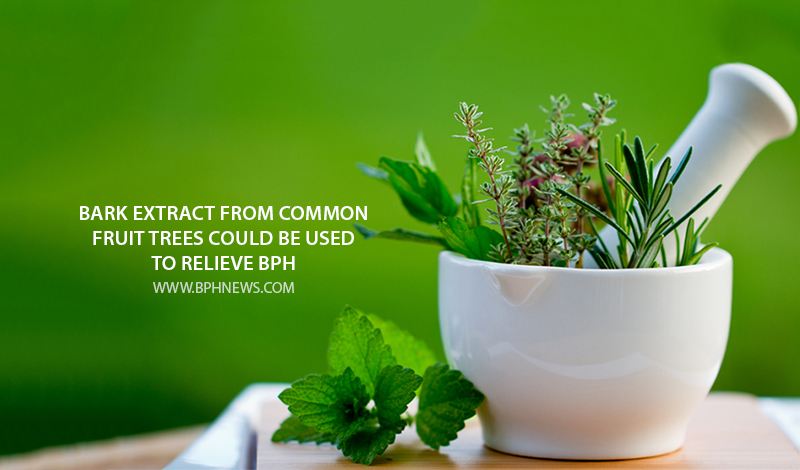Researchers at Panjab University showed in a new study that bark extract from almond, apricot, cherry, plum, and peach trees significantly improves testosterone-induced benign prostatic hyperplasia (BPH) in rats. Among these, plum tree bark extract has the most encouraging effect.
The study also showed that all five species of the trees have remarkable anti-inflammatory and antioxidant activity.
The findings suggest that the trees have beneficial effects and can assist with various factors involved in BPH. The original research paper, “Amelioration of testosterone-induced benign prostatic hyperplasia by Prunus species,” was published in the Journal of Ethnopharmacology.
Pygeum, a herbal remedy obtained from the bark of red stinkwood – another species belonging to the genus (prunus) native to sub-Saharan Africa and Madagascar – has long been used worldwide as an alternative medicine for the treatment of BPH. In fact, its immense popularity has been blamed as a leading factor in the listing of the tree as an endangered medicinal species.
Read more about it: http://bit.ly/28x8S3g
BPH News is strictly a news and information website about the disease. It does not provide medical advice, diagnosis or treatment. This content is not intended to be a substitute for professional medical advice, diagnosis, or treatment. Always seek the advice of your physician or other qualified health provider with any questions you may have regarding a medical condition. Never disregard professional medical advice or delay in seeking it because of something you have read on this website.

